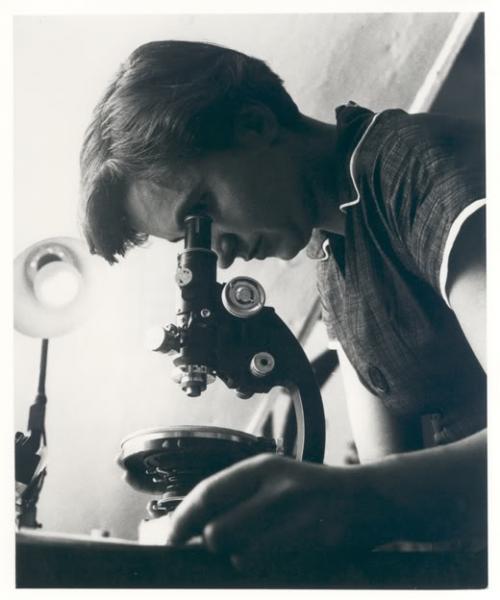[jwplayer mediaid=”14337″]
This short documentary film was produced by a team of 5 students in Introduction to Russian, East, European and Eurasian Studies (REE310) — Ben Randall, David Elliott, Jennifer Hairston, David Spector, and Ben Rettig. In this interdisciplinary course, co-taught by Mary Neuburger and Christian Hilchey, student teams spent the semester working together in stages that culminated in the presentation of their films during the finals period. We found inspiration and models in similar projects assigned by Erika Bsumek, Robert Olwell, and others in the UT History Department.
In our course, students were encouraged to define a sufficiently narrow topic so that they were able to compile primary and secondary audio and visual material–film clips, photos, interviews, music, voice-over narration, etc–and construct a coherent and meaningful narrative in 5 minutes. Not all projects were history projects though all were related to Russia or Eastern Europe.
As instructors, we worked with them closely on the various stages of the project including a preliminary proposal, a storyboard, and preliminary script, and a trailer. We generally encouraged narrowing and focus of topic, and directed students towards possible sources, including interviews of relevant UT faculty for on camera expertise. This group’s project on one aspect of the Great Purge of the 1930s used amazing historical footage to tell the story of one of its victims, the great theater director, Vsevolod Meyerhold. One of the highlights of the film is the interview with Dr. Charters Wynn in his office in Garrison Hall.
